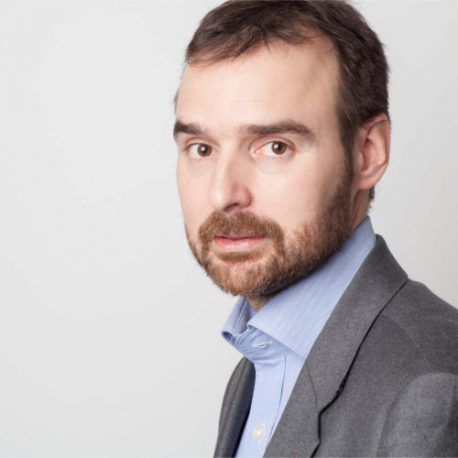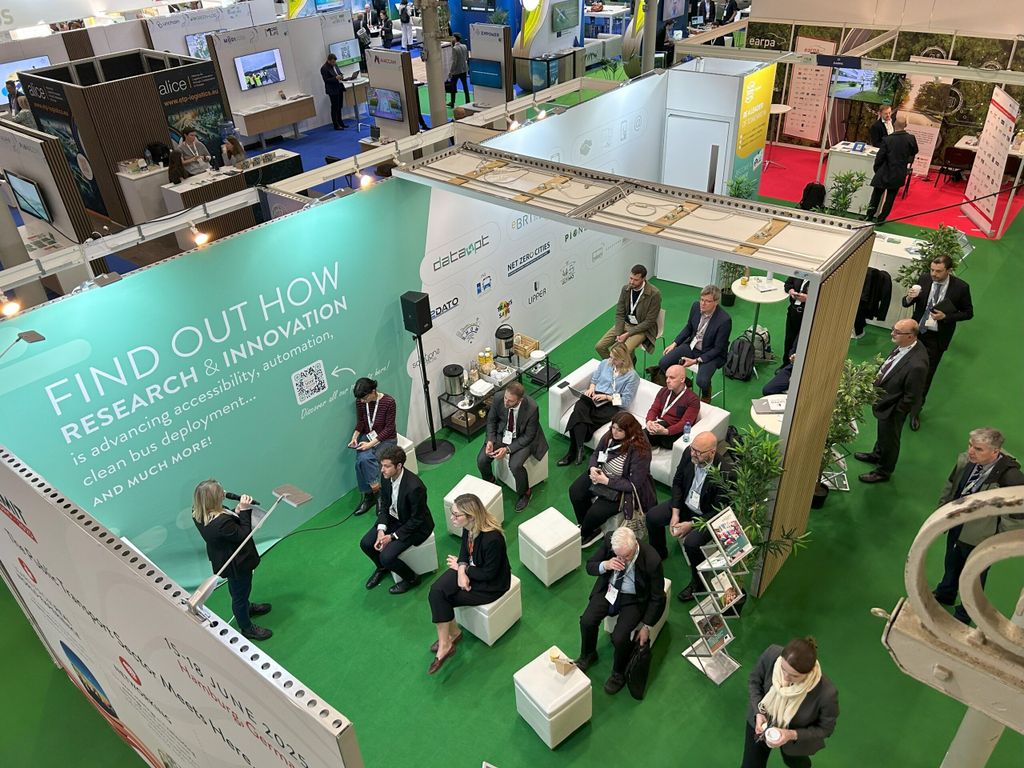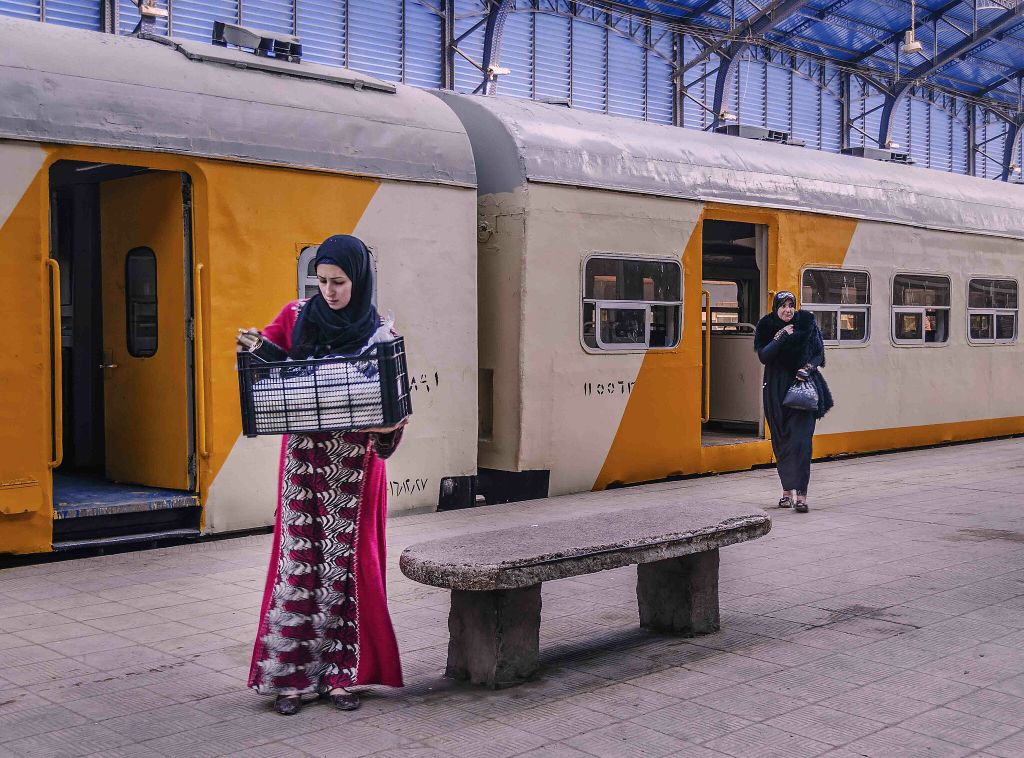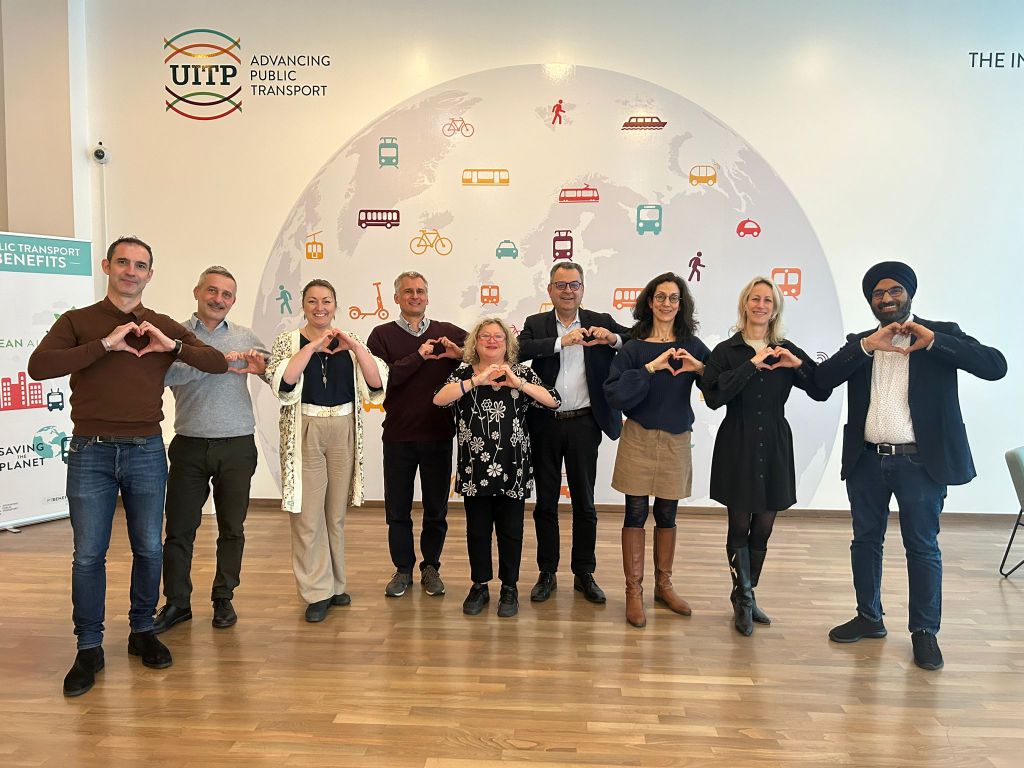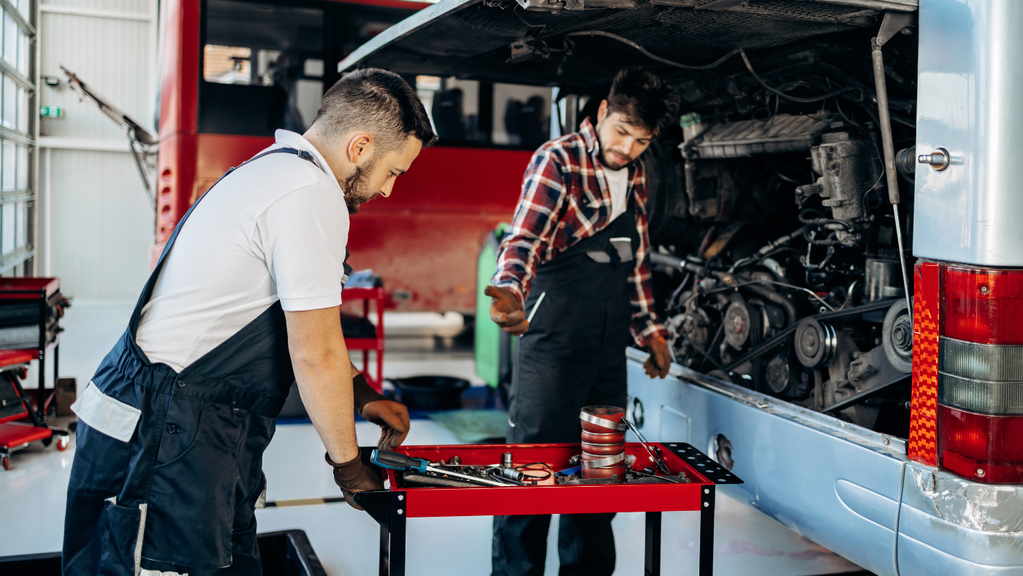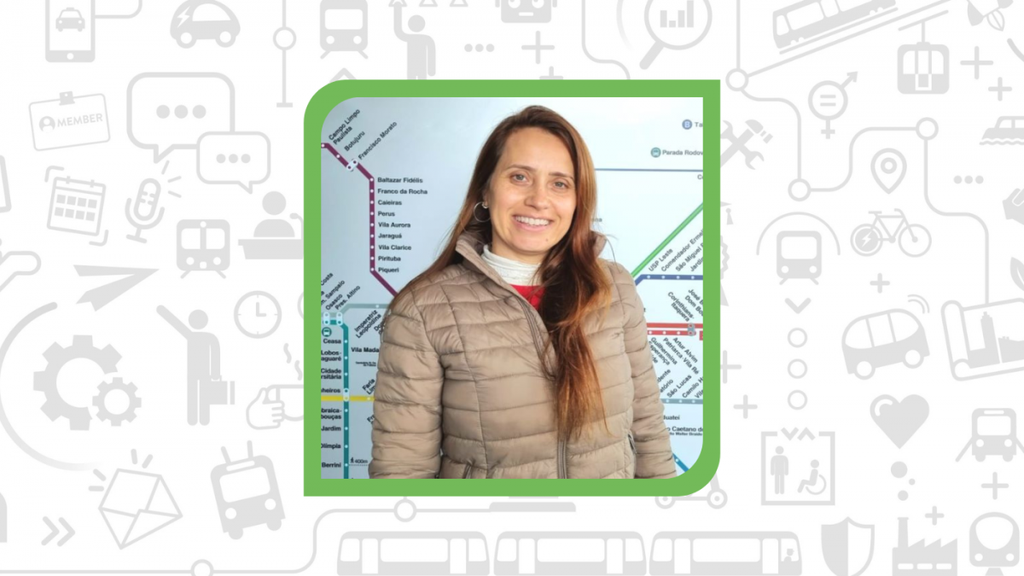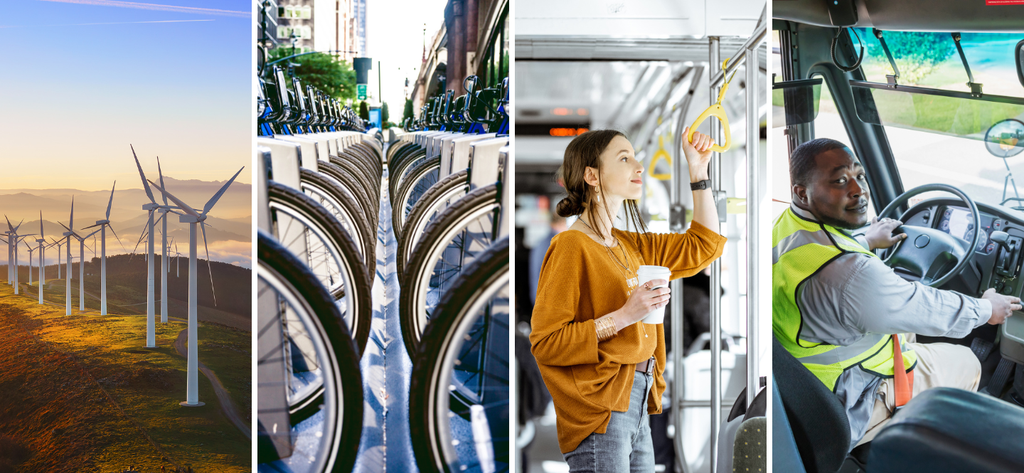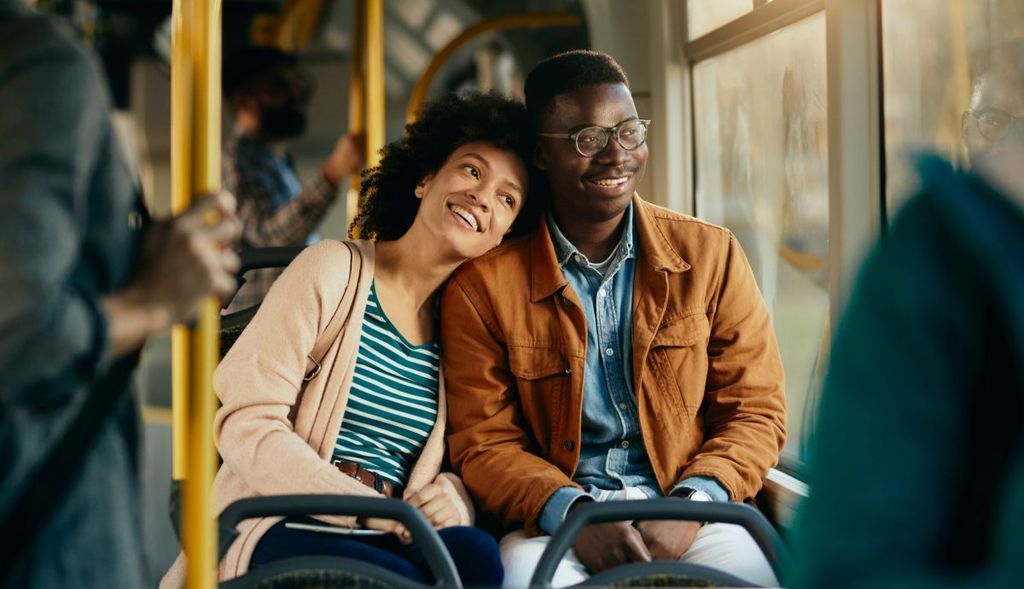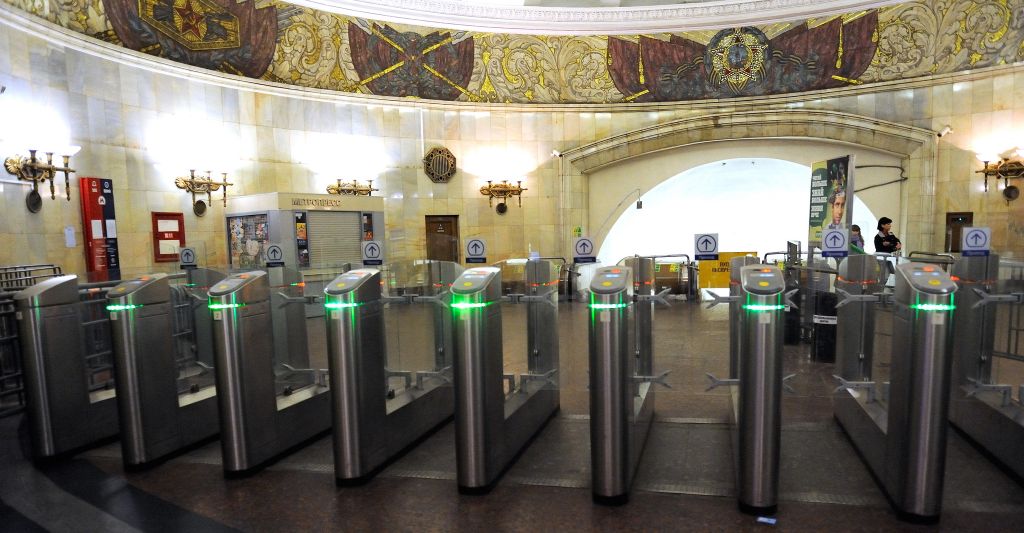
Public Transport after COVID-19 current and future challenges in 5 major cities
On July 22, 2020 UITP held an online seminar “Public Transport after COVID-19 – Current and future challenges. Re-imagining our cities.”
The event was initiated by Baku Transport Agency and Moscow Transport Department but attracted international speakers. Representatives from London, Madrid and Paris joined Baku and Moscow in a high-level discussion held on the crossway of urban mobility development in post-pandemic times. The theme also attracted 286 participants from 21 countries, including Argentina, Azerbaijan, Brazil, Canada, Hong Kong, France, Russia, Spain, Ukraine, UK, USA, Uzbekistan and others.
In his welcome word Mohamed Mezghani, UITP Secretary General, stressed that lessons learned show that public transport remains an essential, but vulnerable service, and is still underestimated. The challenge is that in post-COVID times, the task of giving more space to public transport has become even more crucial due to social distancing.
“The transport development paradigm has now changed, moving the focus from supply to demand”
Moscow looks towards a sustainable future
During lockdown, Moscow Transport were Guardians of Mobility, and kept working on its regular schedule, along with implementing all kinds of special measures, explained Maksim Liksutov, the Deputy of Mayor of Moscow for Transport. It was furthermore decided to regularly test all people working for Moscow Transport for the coronavirus. To adapt to new mobility needs, the city bike rental price was lowered by 30%, which resulted in doubling the growth of the service usage.
A significant fall in urban mobility followed the lockdown. Nevertheless, Moscow has decided to continue working on its Transport Development Program, putting further focus on sustainable transport systems’ development. This includes a 450 million euro purchase of around 1,000 ground transport and 550 metro cars.
Moscow plans future public transport development while executing all possible precaution measures in its continued fight against the pandemic
Madrid ensures better preparation for new outbreaks
The Metro of Madrid had a pre-prepared protocol for working in a crisis even before the outbreak, reported Silvia Roldán, CEO Madrid Metro, but the protocol was modified according to the authorities’ requests. For example, to maintain social distancing, the metro had to enlarge its supply, working with a passenger traffic management plan that uses big data to control capacity and crowding in real time. Now they have worked out a standardised procedure for implementing measures according to the alert levels with a wide range of questions starting from mandatory mask use to plan for protective equipment supply.
Keeping Baku moving with new innovations
Vusal Karimli, Chairman of the Board, Baku Transport Agency (Azerbaijan) explained that bus lines in Baku had to work while the metro was closed, so bus operators were obliged to work on maximum capacity even in the condition of 60% decrease of ridership, along with 45% decrease of car numbers. The good thing was the 45% decrease in air pollution during lockdown. The transport system was able to operate due to the recent fleet renewal, cashless payment system and new open interchange centres and an intellectual management system.
This is not the end of the “city of lights”
“Paris limited access to public transport during the lockdown, which resulted in over 2 million euros in losses”, said Laurent Probst, Managing Director, Île-de-France Mobilités (France). They came to an agreement with the French government to compensate the lost revenue. People do not have alternatives in big cities such as Paris, so they do expect people to come back: cars are blocked by constant congestion and bicycles are good for short trips only. The investments and developments in public transport should not stop now, as we have to prepare to move more people.
“The investments and developments in public transport should not stop now”
London remains optimistic for improvements
Tom Page, Head of Business Strategy, Transport for London (TfL) stressed that COVID-19 had a serious impact on London and its public transport. The fall was so severe that for some period they stopped collecting bus fares which is a primary source of funding. The alternative was opening more bicycle lanes. The capacity of buses was limited; in the subway they introduced a one-way system and continue to control the amount of people in the station. Although we may not have been able to predict this or what comes next, that does not mean we should do nothing, but we must take the opportunity to make the things better now.
Moving ‘Back to Better Mobility’ together
All five cities are united by one ambitious and optimistic objective: public transport must survive this crisis to keep cities moving. All five cities were and still are in constant search of innovations to make public transport as safe as possible. They also continue to plan future public transport developments.
As cities around the world struggle to plan for the road ahead, we must not lose sight of long-term, urgent priorities. We cannot go from lockdown back to gridlock. We must build back better with better mobility for all.
Find out more in our sector-wide campaign ‘Back to Better Mobility’which reminds the public and decision makers why we must not stop investments in public transport.

